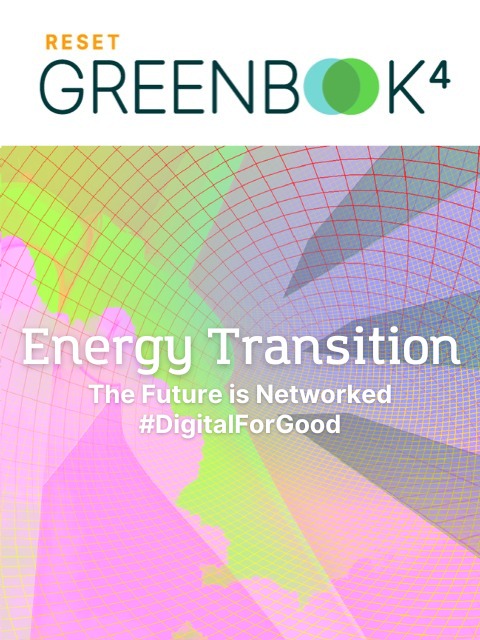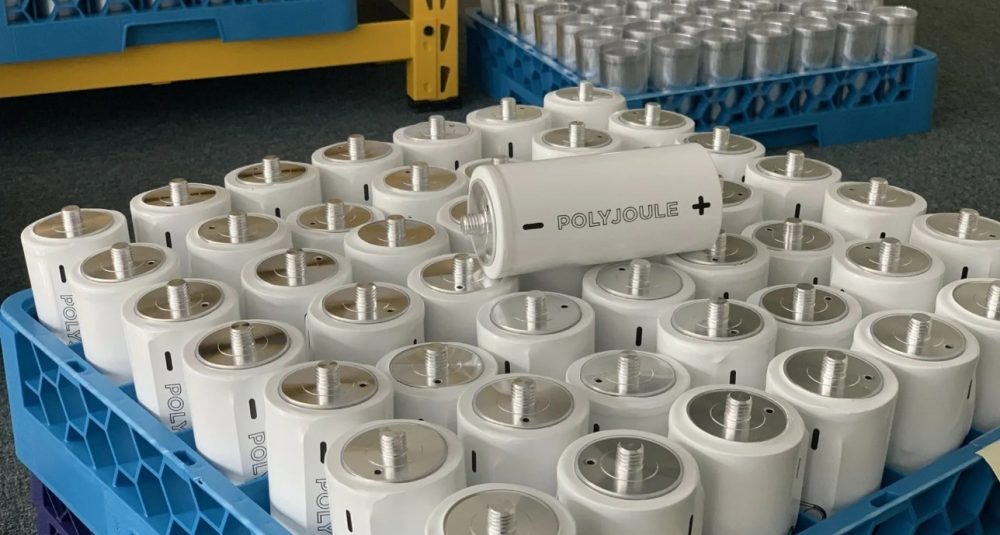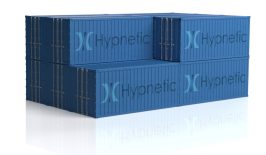Many facets need to be in place for a renewable energy transition to take place. One of the most pressing is the development and refinement of energy storage solutions. With many renewable energy sources providing intermittent power supply, it’s important to be able to store this energy for later use. Until now, lithium-ion batteries have largely been used for energy storage and transportation. However, these come with some significant downsides, most notably their expense and volatile nature. Startups like the Boston-based Polyjoule are now looking to new materials to create batteries that match and even exceed the ability of lithium-ion.
Unlike lithium-ion batteries, Polyjoule uses electrodes made of conductive polymers. These are plastic-like non-metal, organic compounds which function as metals for the purposes of charging and discharging energy in a battery. Polyjoule outlined their approach:
“Our conductive polymer-based technology uses a standard, two electrode electrochemical cell that contains conductive polymers, a carbon-graphene hybrid, and a non-flammable liquid electrolyte. At the electrode level, positive ions (cations) and negative ions (anions) travel back and forth between the electrodes, as the cell is charged and discharged. During charging, the ions are stored in the electrode bulk through a Faradaic process called oxidation. During discharging, the ions are expelled from the electrodes through a Faradaic process called reduction.”

The 1.5 degree target is unattainable without a real transformation of our energy system. But how can it succeed? What are the energy sources of the future? What digital solutions are ready and where are innovations needed? And how can the transformation be driven forward?
The RESET Greenbook “Energy Transition – The Future is Networked” presents digital, innovative solutions and sheds light on the background.
Polyjoule is focused on making their battery convenient for users
In this sense, the Polyjoule battery functions much like a traditional battery, although its materials give it some added bonuses. Firstly, the Polyjoule is described as ‘ultra-safe’ and unlike lithium-ion batteries will not become warped or disfigured with overuse. They can also be used at wider temperatures and require no special transportation or manufacturing requirements. Polyjoule CEO Eli Paster suggests they wanted to develop a flexible and convenient battery for users:
“We want to make a really robust, low-cost battery that just goes everywhere. You can slap it anywhere and you don’t have to worry about it.”
Polyjoule also claims their polymer battery outperforms lithium-ion across the spectrum. Whereas an average lithium-ion battery might manage around 5,000 charge cycles in its lifetime, a Polyjoule battery can perform around 12,000. It is also able to discharge around 1MW of power in 10 seconds, compared to the 60 seconds an average lithium-ion battery needs. The team also suggests a Polyjoule can be charged in under five minutes, whereas some lithium-ion batteries take up to two hours.
Storing Renewable Energy
The intermittent nature of renewable energy means in certain conditions a surplus of power may be generated. To prevent this power going to waste, it must be stored for later use. The simplest method is using the generated electricity to charge batteries, but this comes with environmental and financial issues.
Another method is to convert that energy into a different form using less traditional ‘batteries’. For example, this could involve heating stones, lifting weights, pumping water or producing hydrogen.
Plastic batteries are cheaper than lithium-ion and are easy to produce
But another important area is expense. One of the critical complaints about lithium-ion batteries is their cost. Although they have drastically reduced in price over the last decade, they still average around 132 USD per kilowatt hour. According to experts, this figure must be around 20 USD for batteries to be useful in renewable energy storage. Polyjoule is not quite at that point yet, but the team says their batteries function at around 65 USD per kilowatt hour.
Additionally, since they are constructed entirely of polymer, Polyjoule batteries do not contain minerals such as lithium or cobalt which must be extracted and refined before use. Their water-based manufacturing chemistry can be produced using commercially available equipment and does not require ‘clean room’ conditions. To prove ease of production, the startup has already produced over 10,000 Polyjoule batteries using simple roll-to-roll processing.
There is, however, one downside to the Polyjoule—its energy density. Compared to lithium-ion batteries of a similar capacity, the Polyjoule battery packs are two to five times larger. As a result, Polyjoule has suggested their batteries will not be ideal for electric vehicles and other applications where size is an important consideration. Therefore, Polyjoule is directing its batteries largely towards static applications, such as industrial energy storage and data centres. In particular, they suggest their batteries will be particularly useful in situations where a lot of energy is needed quickly, such as in critical infrastructure and renewable energy management.








